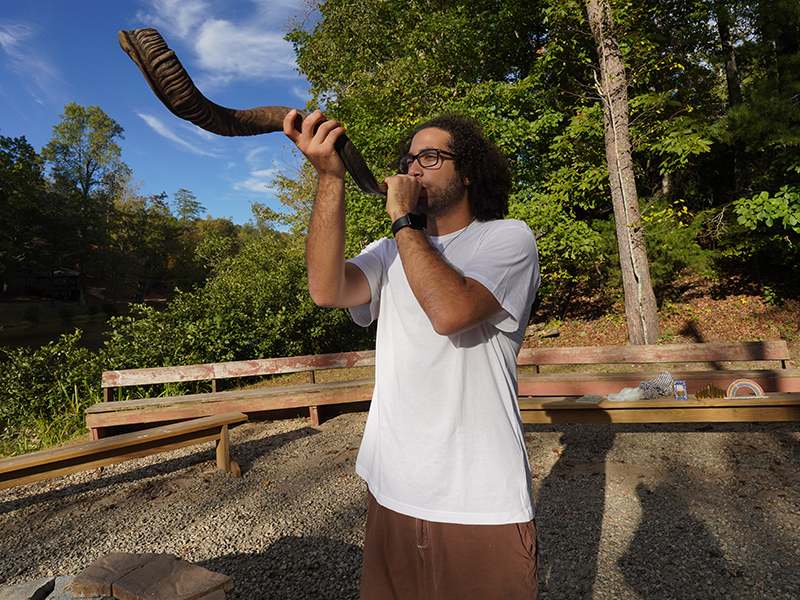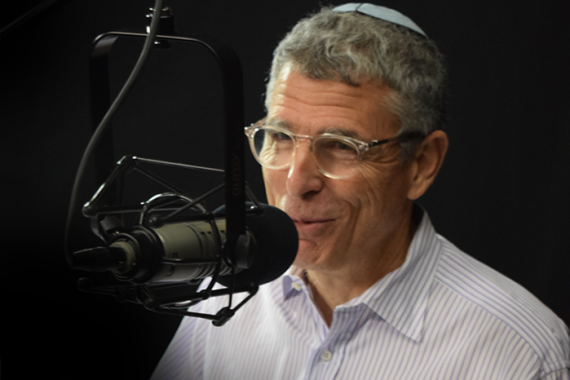Make a Special High Holiday Gift
Your generosity fuels Jewish life, sustains 850+ communities and congregations, and drives the Reform Movement forward in the pursuit of justice.

Listen to Rabbi Rick Jacobs discuss Parashat R'eih in these episodes of his podcast, On the Other Hand: Ten Minutes of Torah.

Ten Minutes of Torah: R'eih Commentary
The Climb
By: Rebecca Good
The word r’eih comes from the verb meaning “to see,” and when one looks closely there is certainly much to see both literally and figuratively in this week’s parashah.
Continue Reading